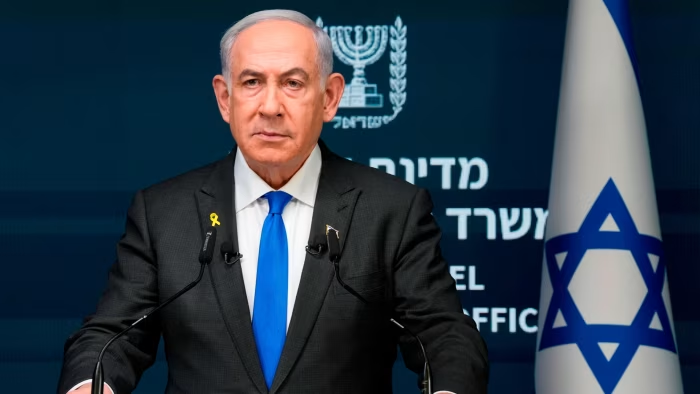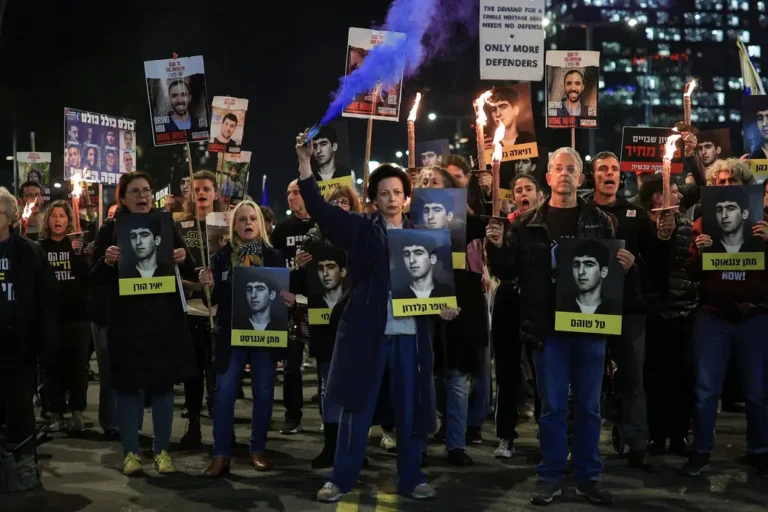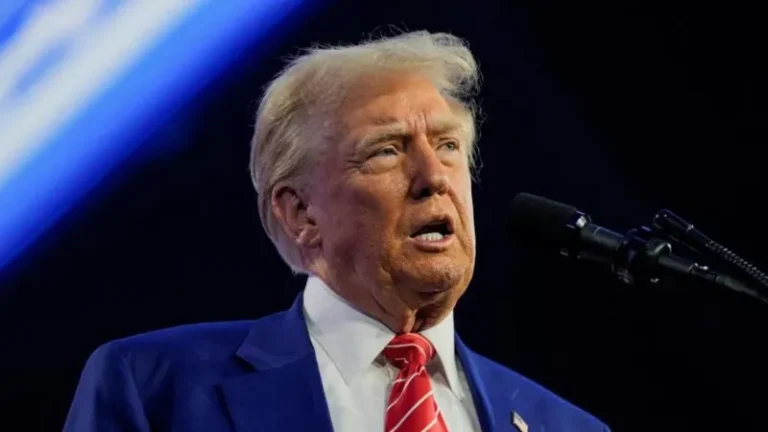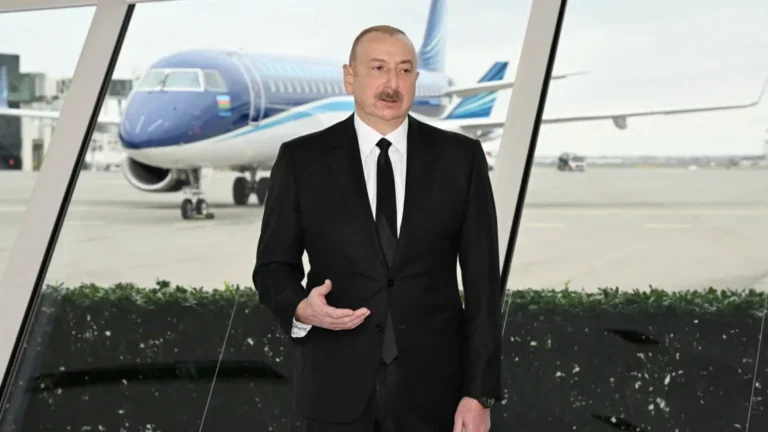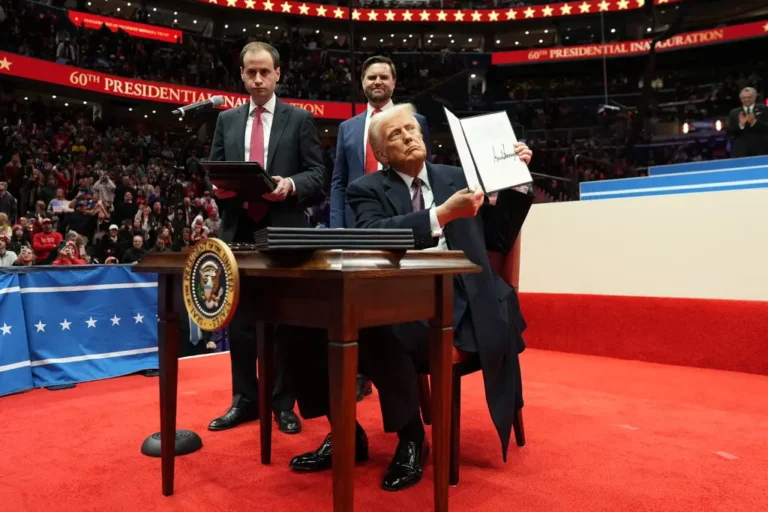Benjamin Netanyahu and Gaza ceasefire deal
Israel’s Prime Minister Benjamin Netanyahu accused Hamas of reneging on parts of the recently announced Gaza ceasefire and hostage release deal. This comes as Netanyahu faced opposition from his far-right allies concerning the U.S.-brokered agreement.
Despite Israel’s delay in holding a cabinet meeting to endorse the deal, Hamas insisted on its commitment to the terms announced by mediators. U.S. President Joe Biden, former President Donald Trump, and Qatar’s Prime Minister, key mediators in the talks, had announced the agreement on Wednesday. This deal aims to end the 15-month war in Gaza and secure the release of 98 hostages still held captive.
Trump, the first to publicly acknowledge the deal, emphasized the urgency of its implementation before his inauguration on Monday. He warned that severe consequences would follow if the hostages were not released by January 20. The ceasefire is scheduled to commence, and the initial release of hostages is planned for Sunday.
“There are some minor details to resolve, as Qatari Prime Minister Sheikh Mohammed bin Abdulrahman bin al-Thani noted, but we are on track for it to take effect on Sunday,” a diplomat involved in the negotiations stated.
Netanyahu’s government, reliant on the support of two far-right parties, accused Hamas of backtracking on the agreement. His office declared that Israel would not schedule a government meeting to approve the deal until confirmation of Hamas’s full agreement on all details was received from the mediators.
On Thursday, Israel accused Hamas of attempting to dictate which Palestinian prisoners should be released in exchange for Israeli hostages. The far-right Religious Zionist party, led by Finance Minister Bezalel Smotrich, threatened to withdraw from the government if the deal led to a permanent end to the war. Zvi Sukkot, a lawmaker from the party, suggested that resignation was likely if the deal was approved, as the party’s objective was to reshape Israel’s policies fundamentally.
The party later stated that it would only remain in the coalition if Israel resumed hostilities immediately after the first phase of the deal. Although Smotrich and his ally Itamar Ben-Gvir may lack sufficient cabinet support to block the deal, their withdrawal from the government would strip Netanyahu of his parliamentary majority, potentially leading to early elections.
The ceasefire agreement brings hope for an end to the deadly conflict, which has devastated Gaza, polarized Israeli society, and threatened regional stability. If implemented, the deal will initiate a 42-day truce, during which 33 hostages, including vulnerable individuals, will be released incrementally. In return, Palestinian prisoners would be freed, aid would enter Gaza, and there would be a partial Israeli withdrawal from the enclave.
Negotiations for the second phase of the deal, involving the release of remaining hostages, a full Israeli withdrawal, and an end to the war, are scheduled to begin by the 16th day of the truce.
While Trump claimed the agreement resulted from his electoral victory, Biden described it as one of the most challenging negotiations he had encountered. Iran also praised the deal as a historic triumph for Palestinians, asserting that it demonstrated the resilience of the anti-Israel resistance movement.
The conflict, ignited by Hamas’s October 7, 2023, attack on Israel, resulted in 1,200 Israeli deaths and the capture of 250 hostages, marking the deadliest day for Jews since the Holocaust. Israel’s subsequent offensive in Gaza has led to over 46,000 Palestinian deaths, creating a severe humanitarian crisis in the region.
